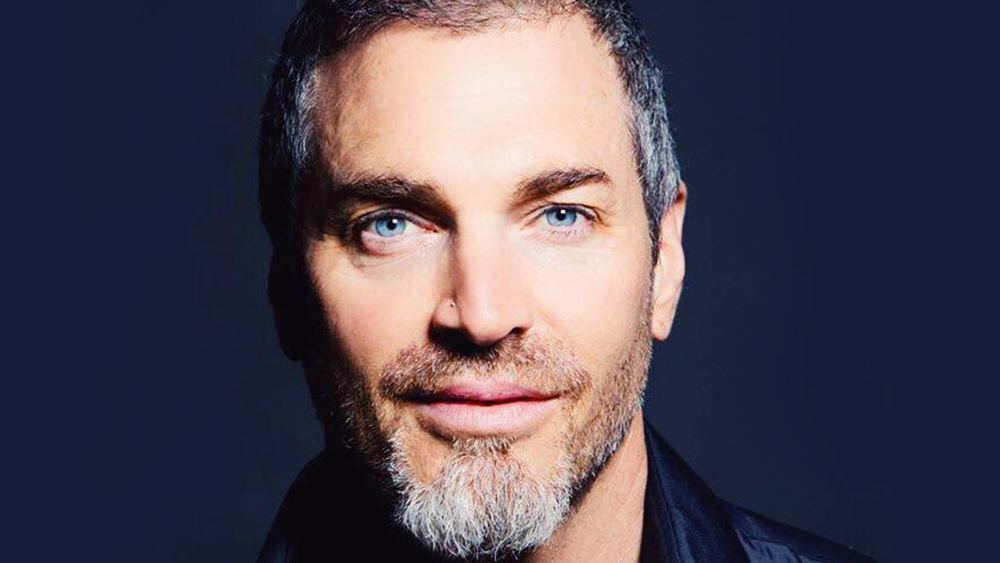Insanity: Canadian woman seeking help for suicidal thoughts receives suggestion to commit ASSISTED SUICIDE
08/29/2023 / By Laura Harris

A Canadian woman seeking help for her suicidal thoughts was left shocked and distressed when a clinician assessing her case suggested medical assistance in dying (MAID), commonly called euthanasia.
Thirty-seven-year-old Kathrin Mentler of Vancouver, British Columbia has battled depression for most of her life. She has even attempted suicide multiple times, but managed to survive with the help of hospital staff. During a moment of crisis in June, she visited the Vancouver General Hospital’s (VGH) Access and Assessment Center.
But instead of receiving the help she sought, Mentler was shocked when the clinician not only mentioned the lack of available psychiatric beds but also suggested MAID as an option. Further conversation with the clinician revealed that MAID was being considered due to the apparent lack of available resources. The suggestion left Mentler bewildered as she initially interpreted it as a reference to a cleaning service.
Mentler expressed her disbelief and distress, stating, “I came to the center for help, not for recommendations on how to kill myself. I very specifically went there that day because I didn’t want to get into a situation where I would think about taking an overdose of medication.
“Gauging suicide [risk] should not include offering options to die, which is what it felt like. I also think it’s worth considering that, as of right now, MAID for mental health is not legal yet, so giving someone the specifics of the process seems wrong. How can this be standard procedure for suicide crisis intervention?” (Related: Aussie scientist promotes ASSISTED SUICIDE in Scotland using DIY death pods.)
Expansion of euthanasia to mentally ill patients sparks controversy
Mentler has since filed a complaint against VGH. Meanwhile, the medical facility confirmed in an email that its staff is trained to explore all available care options for suicidal patients.
Current MAID legislation in Canada allows for those with terminal illnesses to access the procedure. However, amendments to the law set to take effect in March 2024 will enable people who suffer from mental illness as their sole underlying condition to seek euthanasia. This has sparked outrage from disability and mental health advocates who fear that individuals may opt for MAID due to inadequate access to proper care and support rather than their underlying issues.
Dr. Sonu Gaind of the Sunnybrook Health Sciences Center in Toronto said making euthanasia accessible for someone with mental illness is “disturbing.” Gaind, Sunnybrook’s chief of psychiatry, also said he is “appalled” to see the safeguards removed for mental illness patients in the MAID law. According to him, assessing patients with mental issues for MAID is difficult due to the unpredictable nature of recovery.
Gaind also zoomed in on the power imbalance between health workers and patients. Given that the clinicians’ inherent role involves guiding and influencing patients’ decisions – rendering them neutrally unable to provide information about MAID – this dynamic may compromise the ability of patients to make truly autonomous choices.
“This is a new outfit for an old way of dealing with differences, which started off as eugenics,” said Michelle Stack of the University of British Columbia. “Instead of offering care, dignity, community and belonging – we’ll offer none of those things, but give people MAID and call it compassion.”
Euthanasia.news has more stories about assisted suicide.
Watch Canadian political analyst Darshan Maharaja discussing the issue of assisted suicide below.
This video is from the CHP Canada channel on Brighteon.com.
More related stories:
OFFING THE POOR: Canadian man facing homelessness applies for medically assisted death.
Canada to become ASSISTED SUICIDE capital of the world.
The end game of government health care is government-assisted SUICIDE.
Sources include:
Submit a correction >>
Tagged Under:
assisted suicide, bad doctors, Canada, dangerous doctors, euthanasia, evil, health care, Kathrin Mentler, medical assistance in dying, medical extremism, medical violence, mental health, mental issues, Mind, psychiatry, suicidal thoughts, suicide, Twisted, Vancouver General Hospital
This article may contain statements that reflect the opinion of the author
RECENT NEWS & ARTICLES
COPYRIGHT © 2017 PSYCHIATRY NEWS




















